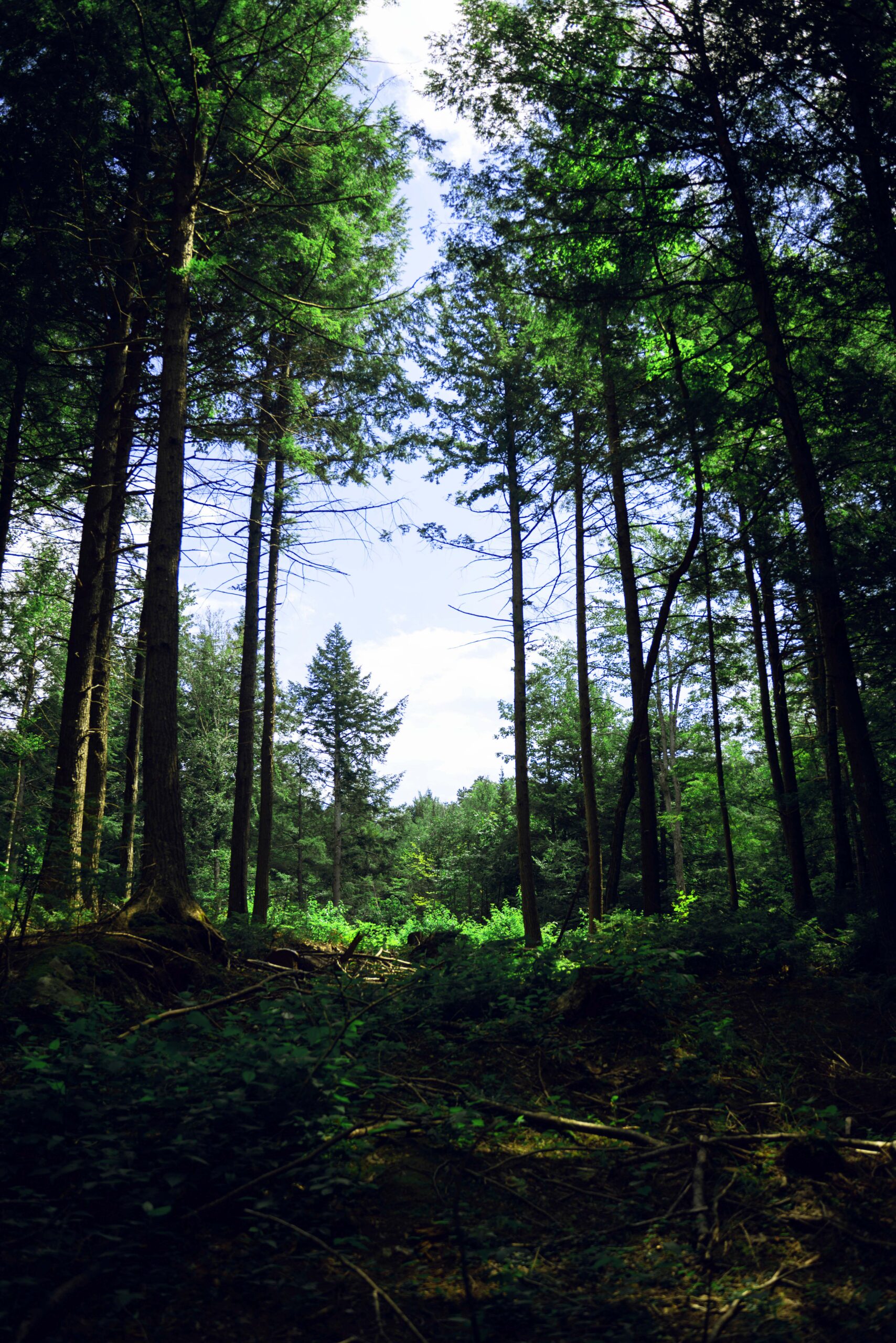Wildlife, conservation biology majors learn to save the planet
Students in URI’s wildlife and conservation biology major learn to combat mass extinction and study animal populations. Photo by Ethan Pellegrino.
Climate change and changes to the ecosystems of the world are some of the largest problems that we face right now and will be one of the largest problems in the future.
The Earth is in the midst of its sixth mass extinction period, with almost 41,000 species currently considered endangered. According to Peter Paton, a professor at the University of Rhode Island, wildlife and conservation biology majors are learning how to combat this and save endangered species.
“Our program is designed for students that are interested in wildlife populations,” Paton said. “Students who come out of our program get jobs with many national services, state agencies or non-profits.”
Due to the University’s location near the ocean, students in the wildlife conservation and biology department get hands-on experience working with aquatic animals. Paton said that Rhode Island is one of the places where the rising sea-level is an issue. Students can get up close and study this issue, among others, in real-time.
Issues like increased human population and habitat endangerment are very important in our world today, according to Paton. The first step to combating these issues is to raise awareness.
“Education is always the key, and many of our students become sort-of activists when it comes to endangerment and climate change,” Paton said. “Students also work in habitat management, protecting and maintaining the current habitats of endangered species to prevent extinction in the future.”
With the number of endangered species being so high and awareness being spread, Paton said that he anticipates the program growing in numbers over the next couple of years.
Ryan Healey, a graduate of the wildlife conservation and biology and environmental science departments, is currently a master’s student working with Nancy Karakker, an associate professor at URI.
“Now more than ever, the study of biodiversity is important,” Healey said. “The more qualified people you have engaged and working in the field, conserving species, nature, habitats and environment the better.”
Due to climate change, many habitats are being destroyed, and that’s why Healey said it is so important that more people get into this field.
Healey has traveled around the world to study many species. He’s been on expeditions to the jungles of Indonesia to study salamanders and he has studied birds and grizzly bears in Montana. He is currently living in the mountains of New Mexico, studying desert habitats.
“I study species connections between themselves and the landscape, like their interactions with plants, soil, and rainfall,” he said.
Of all the places he’s studied, Healey’s favorite has been Montana because of the beautiful scenery in the state. He was able to spend three months in the forest studying bird and bear behavior.
Healey praised URI’s conservation and wildlife biology department for giving him these opportunities to travel and do hands-on work in the field he is passionate about.
“I couldn’t imagine getting my education anywhere else,” Healey said. “URI helped me grow into the person I am today and gave me opportunities I could’ve never imagined.”

